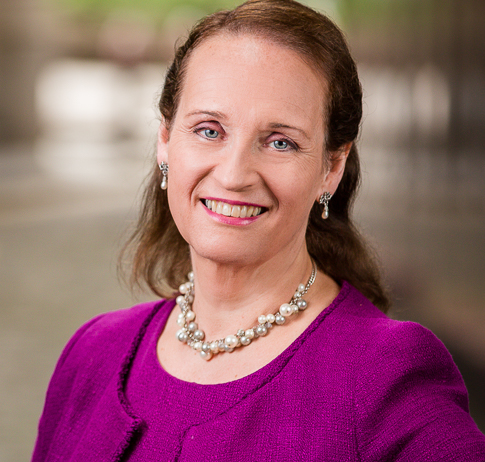How can a person ensure that their wishes in relation to their medical treatment and health care are respected when they can no longer tell the doctors what they wants – a common scenario as life draws to its close?
In February 2018 the Supreme Court heard the landmark appeal in the case of An NHS Trust v Y. The case concerned an unconscious patient who had no prospect of recovery and was being fed automatically – which feeding was keeping him alive. Both his family and the hospital agreed that the time had come to remove the feeding arrangement and allow him to move naturally towards death. Up to now the law has provided that an order of the Court is always required for feeding to be withdrawn in this most serious of situations – even if everyone involved in the decision on behalf of the patient is in agreement that withdrawal is in his best interests. The hospital’s question was whether a Court order was really necessary. The Supreme Court agreed that it was not, whilst recognising how complex this kind of decision is and its key importance for the patient – factors which have hitherto meant that a formal order was the best way to ensure that the decision to withdraw feeding was really in the patient’s best interests.
The result of the case may well be that this kind of decision can now be made faster and more easily but there are always strong views held in these scenarios. Trying to find the balance between, on the one hand, taking an action which everyone who can express a view agrees is in the best interests of the patient and ensuring, on the other hand, that the rights of the patient are fully protected is very difficult.
The case would, of course, not have been needed if the unconscious patient had thought in advance what he might want to happen in this kind of situation. Putting in place a Lasting Power of Attorney for health and welfare – a document which appoints selected individuals to make decisions about health and welfare matters including the consent to and withdrawal of treatment if the patient can’t say what he wants – is not just a sensible piece of forward planning. It is also a key support and comfort to family members and a help to the hospital. Both are then aware of what the unconscious person would want to happen – and who has power to make decisions for him.

